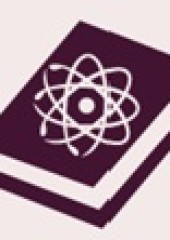Interfacing Programming Language Semantics and Pragmatics: What Does “Hello, World” Mean?
Warren Sack, "Interfacing Programming Language Semantics and Pragmatics: What Does “Hello, World” Mean?", Philosophies journals, Special issue on "Semantics and Computation", july 2025.
DOI: https://doi.org/10.3390/philosophies10040086
Abstract
In 1978, Brian Kernighan and Dennis Ritchie insisted that the first program to write in a new language is one to print the words “hello, world.” From then until now, “hello, world” has frequently been the first exercise in introductory programming courses. On one hand, this does seem like a good first program because it makes something familiar—a greeting—appear on the screen. On the other hand, it is extremely strange. How can it be understood as a greeting? Who is greeting whom? Unfortunately, the bulk of formal means for defining programming languages provides very little help for assigning a meaning to the “hello, world” program. It is argued that the weakness of older theories and methods of programming language semantics is due to the historical, disciplinary segregation (in logic, semiotics, and linguistics) of semantics as a study apart from syntax and pragmatics. Drawing from both more recent work in programming language semantics that addresses side effects and on speech-act-based programming language design, this paper proposes a possible reintegration of semantics and pragmatics in order to better define the meaning of “hello, world” and the programming languages used to produce speech acts more generally.
|
|
|
Decoding Digital Democracy 01 September 2016 - 31 December 2016 The Software Arts 01 September 2015 - 31 December 2015 |
|
|



